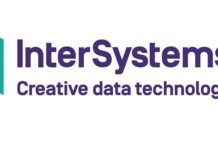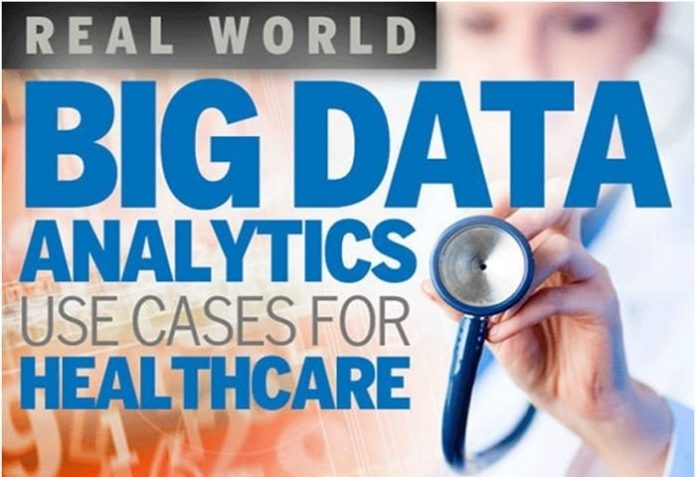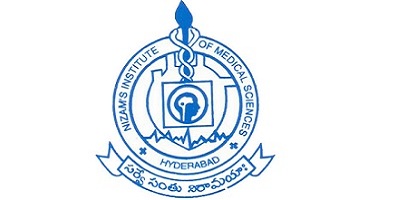This article throws light about the existence of multiple trends of data in the health care domain. Different procedures and the methodology on how does the data detective uses them to bring out the optimum solutions across several roles within the analytics team and the investment on the data analytics is discussed.
Different kinds of patterns in the data, integrated with text are the necessary tools that play key role in the improvement of health care domain. Tracing these kinds of patterns and placing them in the context requires the special talent of a data analyst acting in the role of data detective.
Necessity for the health care data analyst to play data detective
- Rise of exponential growth in data capture: Health care domain observed significant growth in the data management. With the necessary clinical care already provided, the industry captures demographic data and the well qualified manpower to deliver the goods. The process involves how the patients feel about their care, additional data like income, comorbidites and other factors.
- Dealing with catastrophic events: Unfortunate events in the health care include wrong site surgeries, medication errors, and the patient fall. Further, there is always rise in the cost of care delivery, combined with the decrease in insurance reimbursements, forces the health care providers to do more with less. Health care analyst plays significant role compiles the data by making use of the computer based applications. The data is used on how to minimize the medication errors and statistical modeling techniques are applied on how to reduce the patient fall.
- Critical Thinking of the data: The promotion of big data and its application with the confusing messages around which technology, the possibility and optimum application for the best results is where the thinkers thrive for. To work on these kinds of complex situations, Health care domain needs big data and platforms to cater the big data and increase the pace in the integration of the data. But the main problem with the health care analytics domain is that the requirement of the huge data, faster processing, along with more super structured tools. Improvement in the concerned areas will result in profit, but it is only marginal as those areas have dominated the industry.
Responsibility of data detective
Health care data analyst performs the duties which are quite similar to the data detective and how does the role varies from the other related roles like a business analyst. This is answered by studying at three levels analytic complexity along with technical expertise and contextual understanding necessary at each of these levels.
 Reactive Analytics: Primarily this level concentrates on the anticipated questions. Reactive analytics is confined to a single source of data item and the contextual understanding of what is happening is only studied while the reason behind is ignored.
Reactive Analytics: Primarily this level concentrates on the anticipated questions. Reactive analytics is confined to a single source of data item and the contextual understanding of what is happening is only studied while the reason behind is ignored.
Descriptive Analytics: Usually data architect manages the descriptive analytics team. It comes closer to the question of “ why as well as of the what “ about the data, but with the limitation that they depend on modeling real world concepts. Data modeling is done on the aspect that what kind of services does the care team offer to the patient and how does the patient fared as a result.
Prescriptive Analytics: These are termed as prescriptive because they provide the solution with the clarity on the action that needs to be done. Clinical improvement, waste reduction and financial opportunities are studied through prescriptive analytics. Root cause analysis is performed at this level as the procedure which is contributing to the wastage is deeply examined and the necessary changes are incorporated. These are termed as prescriptive as it provides the clarity on the action to be performed.
Profile of Data detective:
He/she needs to be expert in understanding ,accessing, data modeling and analyzing the data. Knowledge sharing is processed with the domain experts who can quickly spot the issues in the captured data.
Technical work flow of the health care analytics experts.
- Modeling the real world concepts in a data base: For instance when studying a diabetic population and representing the alphanumeric data in data base, ICD codes and CPT codes and hemoglobin values to be applied to develop a meaningful representation and validation of the data.
- Identify the potential opportunities to analyze the data: Data Analysis is performed with the available resources that exists within the system and load the system data base with the claims, professional billing, hospital billing and ancillary data.
- Combined analysis with the subject matter experts: Strong correlation is studied between the improvement of the outcomes, and the combination of technical and domain experts. The combined study helps the organization to trace the unnecessary relationship between the variables in the system.
Data detective career track
The key skills and expertise to look out for data detectives include SQL, ETL, Data Modeling and Data Visualization. These skills are required at the different levels within the three levels of analytics.
A company performed a cross industry Meta analysis in search of several roles such as data architect, data analyst, data scientist etc. The features of these roles was examined and mapped into several categories and the highest ranking category was found to be social. The second choice was the smart which captures the IT and technical skills. The third rank was found to be ever learning who has the qualities of curious and inquisitive.
Methodology to develop the data detective competency:
- While preparing the reports, the view points of the clinician should be given top priority as they understand the workflow of the patients and they assess what is best for the patient and the report should reflect these points.
- Prepare fewer reports but meaningful which give the clarity on the much needed action.
- Data detective must learn how to handle the data through critical approach and give voice to the data.
Data detectives: Worthy investment for the organization
Organizations invest time and money on the data detectives as they have the potential to uncover the trends and truth below the surface of the numbers and percentages. Data detectives possess the natural ability to transform the abstract problem into distinct business equation and explore the innovative solution. Data detectives integrates with the different stake holders of the organization across domains an drive the team to a path that helps in achieving the organizational objective.
The scope for the performance of the data detective is increased in the healthcare domain than it used to be in the past. They think big and deep around the data and play perfect role in the big data architecture.
Data detective with his/her analytical approach uses the skills set on reducing the wastage, optimize the financial opportunities and improve the clinical outcomes which is designed at Prescriptive analytics level. Other technical players such as data architects, business intelligence developers and the report writers contribute in their own specific method but health care data analysts performs as data detective integrates with all connections.






















